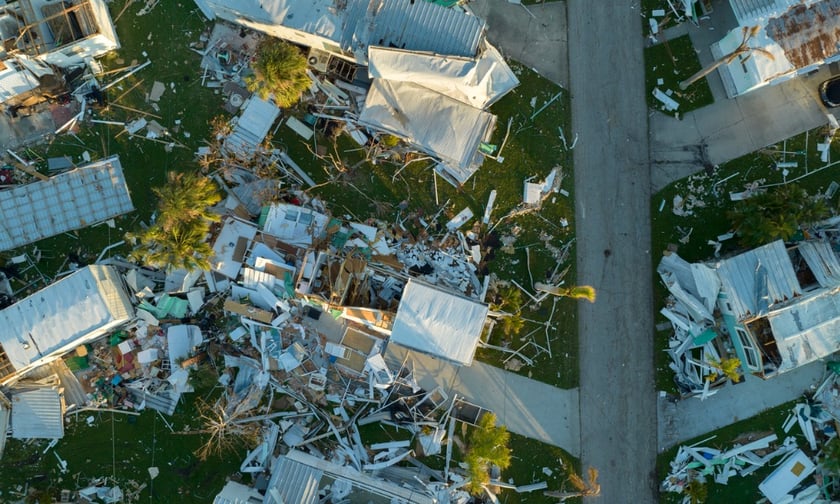

In the wake of Hurricane Beryl, State Farm has processed an unprecedented number of insurance claims, surpassing 16,000, according to a new report from AM Best. This surge in claims followed Beryl's landfall in Texas, marking the first U.S. touchdown of the 2024 Atlantic Hurricane season.
The financial impact from this record-setting storm is expected to climb into the billions, reflecting extensive property and automobile damages across affected states.
Initially striking as a Category 1 storm in the U.S., Beryl had already shown its destructive power in the Caribbean as a Category 4 hurricane. The path from Texas through to the Northeast saw a myriad of claims due to Beryl's powerful winds, heavy rainfall, and resultant tornadoes, according to data from Aon.
State Farm noted that the bulk of these claims came from Texas, but significant numbers were also reported in Louisiana and as far north as Michigan. Notably, about 2,000 of these claims involved automobiles, underscoring the broad scope of Beryl's impact.
The storm's effects were not limited to the U.S. alone. In the Caribbean, Beryl inflicted heavy losses, with insured damage figures estimated in the hundreds of millions. The Caribbean Catastrophe Risk Insurance Facility (CCRIF) issued several payouts, with a record-setting $44 million going to Grenada, surpassing its previous largest payout of $40 million to Haiti in 2021.
Furthermore, Jamaica received a $16.3 million payout, with additional U.S. aid amounting to $2.5 million to help with storm recovery efforts. Minor damages were also reported in Mexico's Yucatan Peninsula when Beryl made landfall there.
In the United States, the aftermath of Beryl was severe, particularly in southeast Texas, including downtown Houston. The storm's remnants continued to affect a wide swath of the south-central U.S., Midwest, and even parts of Southeast Canada, bringing more rain and wind. Aon highlighted that Beryl contributed significantly to the nation's tornado statistics, which saw the highest levels since 2011, including the spawning of at least 28 tornadoes ranging from Texas to the Northeast.
Guy Carpenter provided insights into the environmental conditions enhancing Beryl's impact, such as the exceptionally warm Atlantic Ocean temperatures, which have been at or above record levels since March 2023. These conditions not only facilitated the rapid intensification of hurricanes like Beryl but also increased the risks associated with higher storm surges.
Insurance industry analysts predict that private U.S. insurers will face around $2.7 billion in payouts related to Hurricane Beryl. The major insurers impacted include State Farm, Allstate, and USAA, highlighting the significant role of insurance coverage in mitigating disaster-related losses.
Do you have any insights or thoughts on the impact of Hurricane Beryl? Share your views in the comments below.
